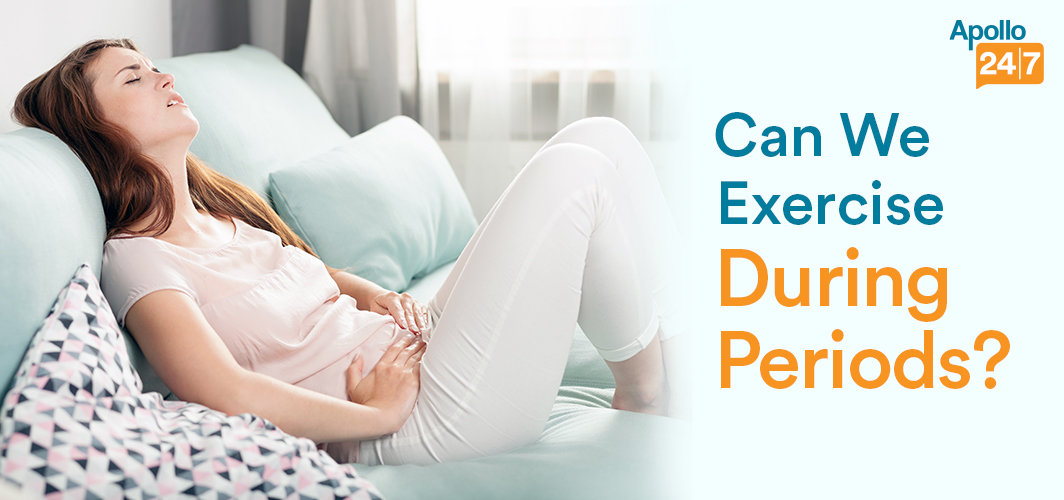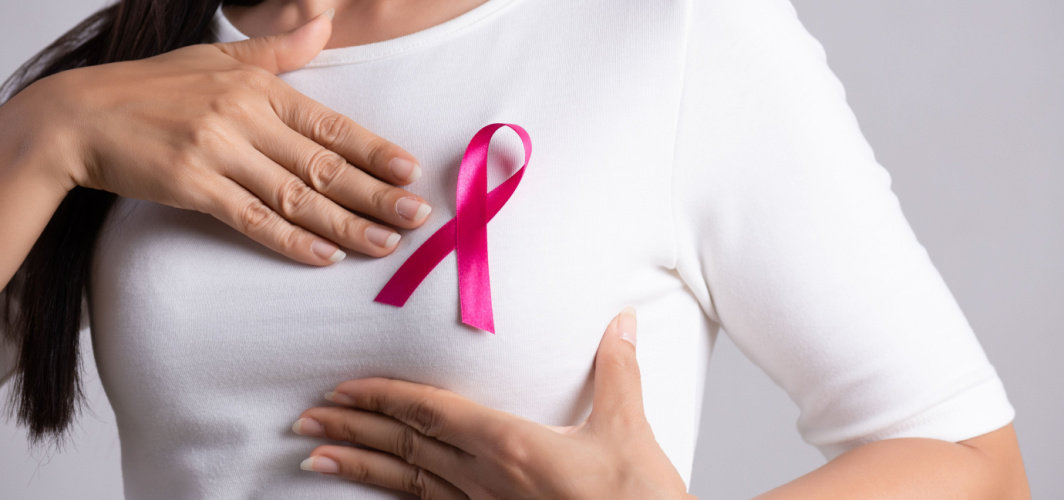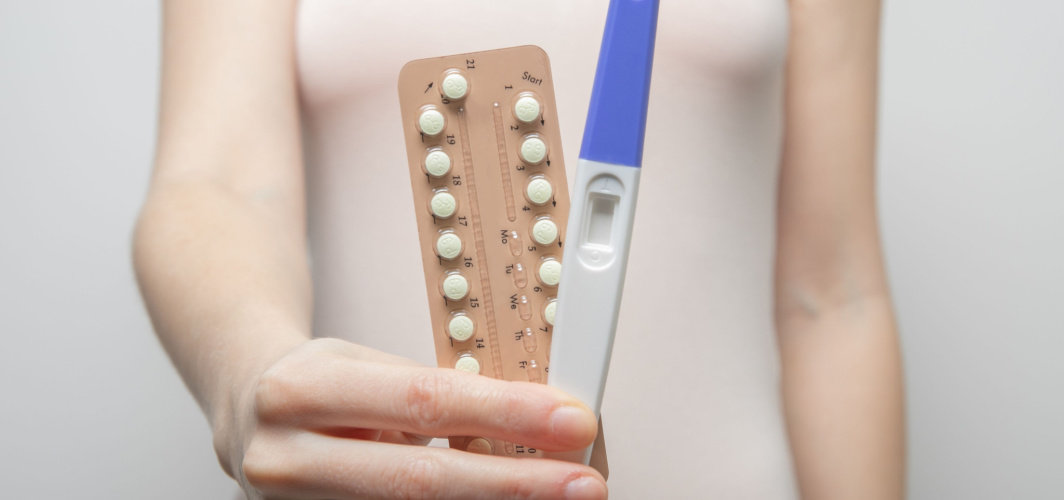- Home
- Blog
- Women Care
Must Know Facts Behind These 5 Menstruation Myths
Women Care
Must Know Facts Behind These 5 Menstruation Myths
By Apollo 24|7, Published on- 19 April 2023, Updated on -19 June 2023
Share this article
0
0 like

For many years, the subject of menstruation has been shrouded in stigma and taboo, resulting in several myths and misconceptions surrounding this natural biological process. Despite the advancements in technology and education, many people still believe in false information about menstruation, which can adversely impact women's health, relationships, and self-esteem. It's time to bust these myths and embrace the facts about menstruation. Here are some common menstruation myths and the facts behind them.
Myth 1: Period blood is impure and dirty.
Fact: The misconception that period blood is the body's way of eliminating toxins or rejected body fluids is absolutely untrue. Menstruation is a natural process in a woman's reproductive system that prepares the body for a potential pregnancy. Period blood consists of a combination of blood, mucus lining, uterine tissue, and bacteria. Unlike the blood that continuously flows through the veins, period blood is less concentrated and has fewer blood cells.
Myth 2: Exercising during periods isn’t good for health.
Fact: There is no scientific proof that exercising during menstruation can adversely affect your physical well-being. In fact, exercise is beneficial for both the body and mind and can alleviate menstrual cramps. Activities such as walking are considered safe and pose no risks. Some yoga postures may also help ease period cramps, however, all the asanas that require being in an inverted position must be avoided. Consulting with a wellness expert can provide guidance on safe exercises during periods. It may be best to avoid high-intensity workouts during this time.
Myth 3: You can’t get pregnant while menstruating.
Fact: Although it is rare to conceive during menstruation, it is not impossible. Women with shorter menstrual cycles, typically less than 28 days, may ovulate shortly after their period ends, making it possible for sperm to fertilise an egg. Additionally, some women may mistake ovulation spotting for their period, increasing their chances of conception. It is important to note that using contraception is still necessary during menstruation to prevent unwanted pregnancies.
Myth 4: Women on their periods shouldn’t take a bath.
Fact: Some people believe that taking a bath or showering during menstruation can be dangerous. They think that hot water can cause excessive bleeding or that water can prevent bleeding, causing negative consequences. However, taking a warm bath can actually help reduce menstrual cramps and ease muscle tension. Immersion in water does not stop bleeding, but the water pressure may temporarily stop the blood from flowing out. Bathing or showering during menstruation may even improve mood and alleviate pain. Relaxing in a warm bubble bath can help you manage menstruation with ease.
Myth 5: Premenstrual syndrome (PMS) is unreal and all in the mind.
Fact: Women experience significant physical changes in their bodies during and before menstruation. PMS symptoms occur a week or two before the beginning of the period. These symptoms are related to the hormonal changes that take place during the monthly cycle. As a woman approaches her period, her oestrogen levels decrease and her progesterone levels increase sharply. More than 90% of women experience premenstrual symptoms such as mood changes, bloating, headaches, irritability, fatigue, and cramps. These symptoms usually peak four days before the period and subside two to three days after it begins.
These are just some of the many myths plaguing the issue of menstruation. It is important to dispel menstruation myths and educate ourselves to make informed choices about our menstrual health. If you have more questions,
Consult Apollo's Expert Gynaecologists
Medically reviewed by Dr Sonia Bhatt.
Services
Women Care
Leave Comment
Services
Recommended for you

Women Care
Can You Exercise During Your Periods?
Want to know whether you can exercise during periods or not. Then, you should read this blog and know what types of exercises you can perform and what type of exercises you should not perform during periods.

Women Care
What Are The Early Symptoms Of Breast Cancer?
Breast cancer is a condition where cells in the breast grow uncontrollably, forming a tumour. Early symptoms include lumps, changes in breast size or shape, nipple changes, skin changes, and persistent breast or nipple pain. Seeking medical attention and regular screenings are crucial.

Women Care
Contraceptive Pills: Are They Really Effective In Preventing Pregnancy?
When used properly, oral contraceptive pills can be up to 99.9% effective. But are there any side effects or STD protection? Read on to know more about birth control pills.
Subscribe
Sign up for our free Health Library Daily Newsletter
Get doctor-approved health tips, news, and more.


